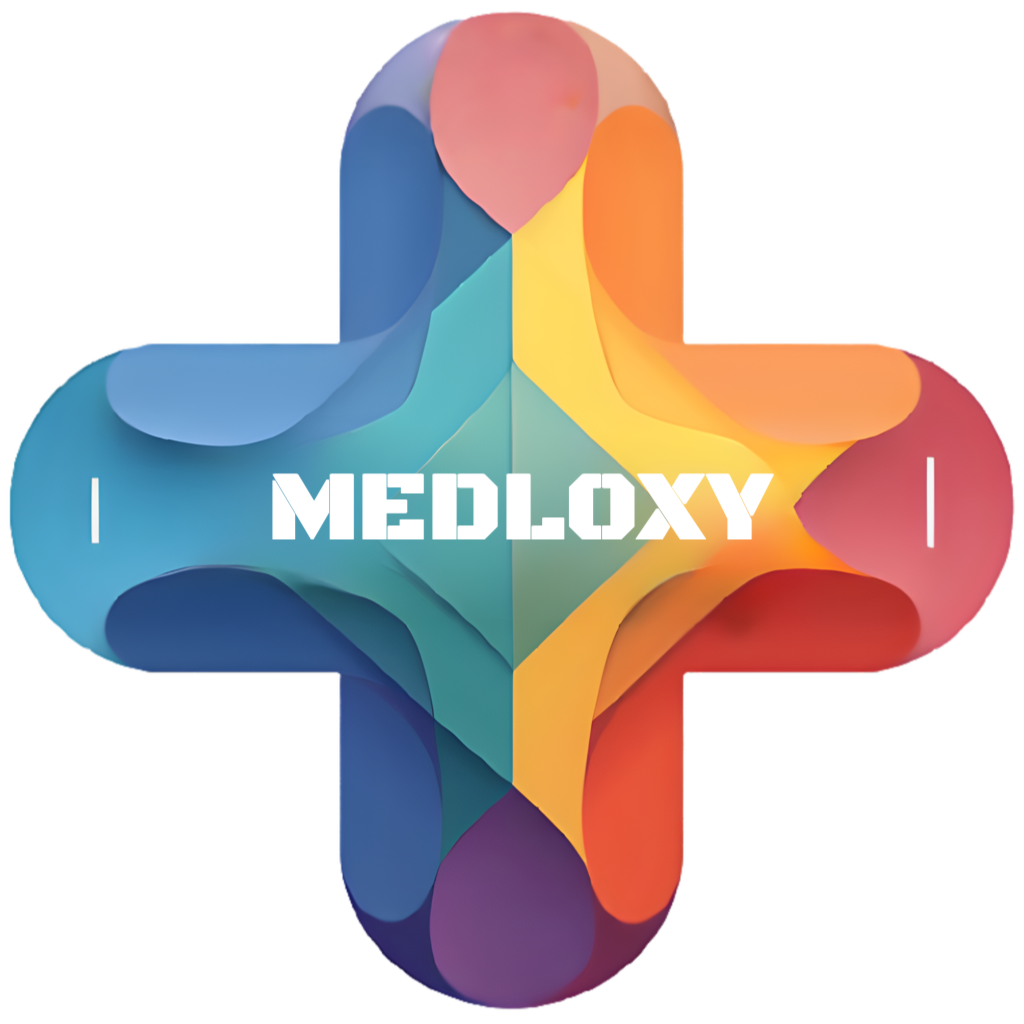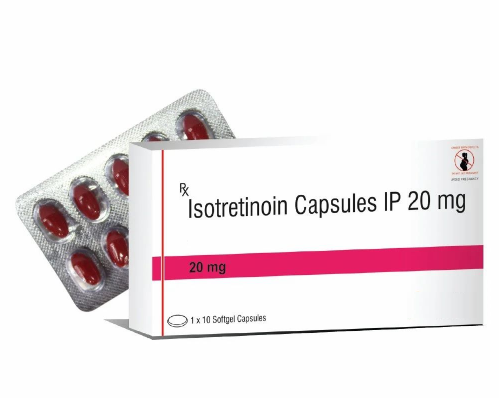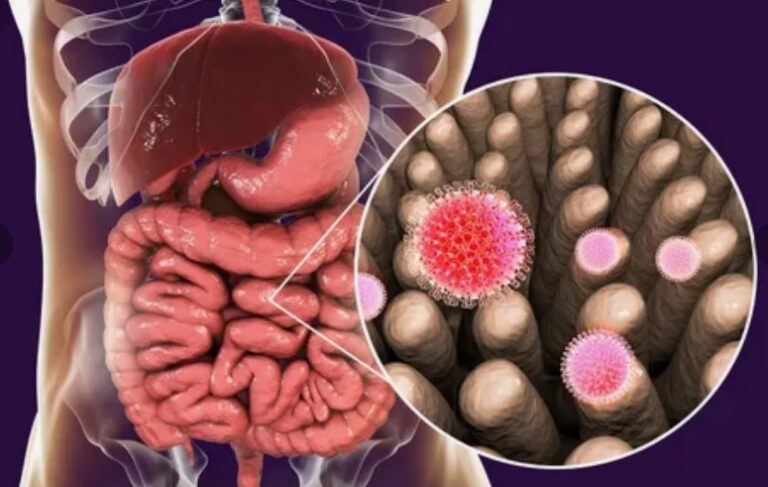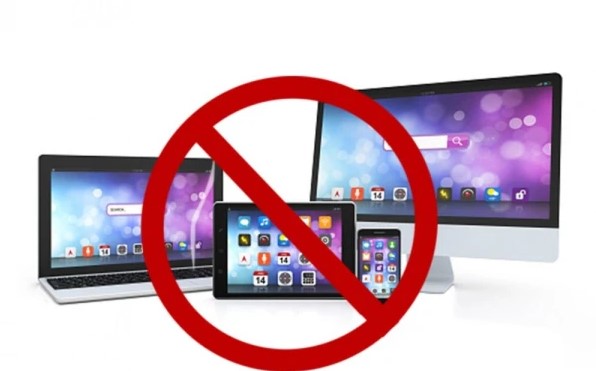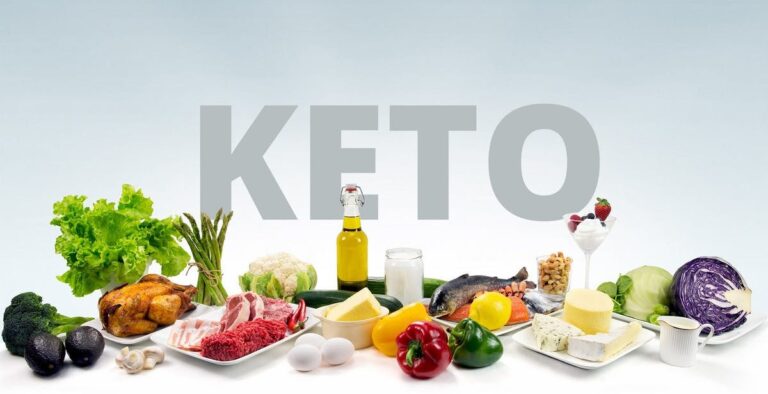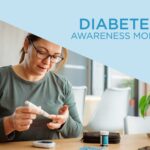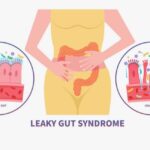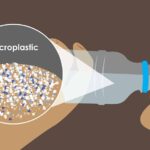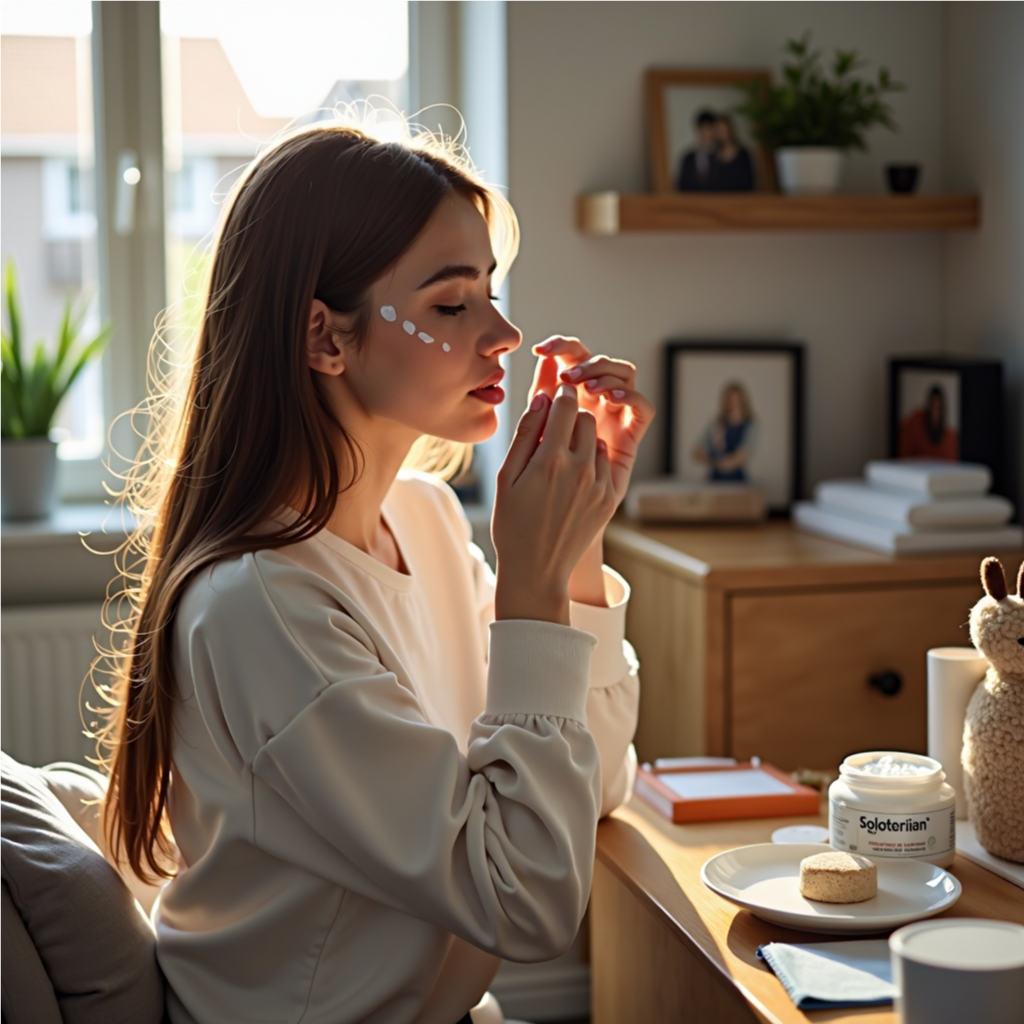
Tretinoin and isotretinoin are first-generation retinoids that are used for the management of acne.
Retinoids are derivatives of vitamin A that are highly effective in the treatment of acne, as well as other skin conditions such as psoriasis and photoaging.
Uses
Isotretinoin is an oral drug. Due to the adverse effect profile, use of isotretinoin should be reserved for unresponsive cases of severe acne and severe cystic acne (It’s one of the type of Acne Vulgaris). Also Isotretinoin is useful in treatment of other skin diseases like harlequin-type ichthyosis, and lamellar ichthyosis,.
Isotretinoin (13-cis retinoic acid) is an orally administered retinoid that reduces production of sebum thus skin bacteria decreases secondarily, It corrects abnormal keratinization of follicles. Isotretinoin is also effective in the prevention and treatment of skin cancer. Oral leukoplakia, actinic keratoses and other pre-malignant lesions can be treated, but benefit/risk ratio is not clear. Isotretinoin is not indicated for the treatment of pre-pubertal acne and is also not recommended in children less than 12 years of age.
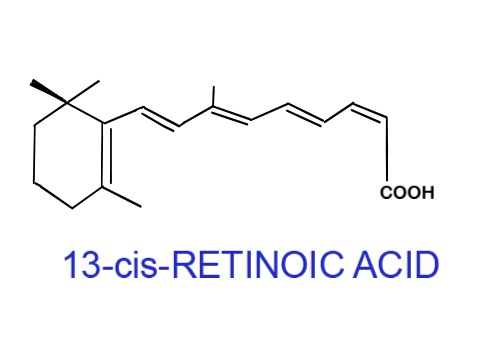
Mechanism of action
- cellular proliferation
- cellular differentiation
- immune function
- inflammation
- sebum production
Adverse effects
- Irritation
- dryness
- skin peeling
- photosensitivity
Also possible Adverse effects are:
- dry mucous membranes/cheilitis
- dry eyes.
- Suicide or suicide attempts have been associated with the use of oral isotretinoin.
- Isotretinoin is highly teratogenic. There is a very high risk of birth defects if pregnancy occurs while taking isotretinoin, and this drug as well as other retinoids are contraindicated in pregnancy.
